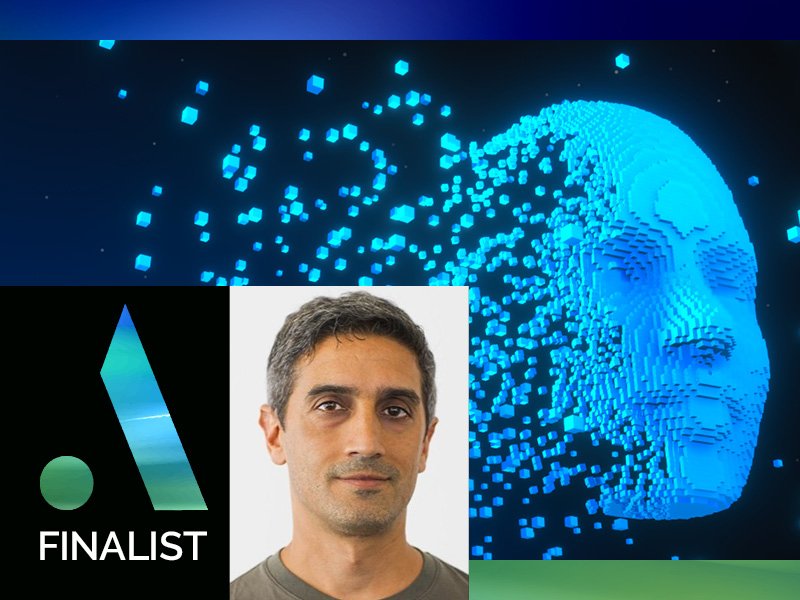When Michael Loewy and Yuval Hertzog landed a major client for their marketing platform Ziva, they quickly realised they had a problem.
They had been recruited to run a campaign for Kellogg’s which involved collecting participant data from their wearables, with rewards claimed based on the number of kilometres travelled.
This would lead to the company collating large amounts of highly sensitive health data of these individuals, and led the pair to hunt for a solution that would properly safeguard this crucial information.

Unable to find a way to do this properly, the Sydney-based pair developed their own blockchain solution, claiming to be the “first true” zero-trust authentication method which can be deployed within an organisation to encrypt sensitive data and make it “virtually impossible” to hack.
When Kellogg’s eventually asked to licence this technology, the duo decided to pivot their own company and commercialise the cybersecurity offering, and Tide was born.
Tide is a finalist in the InnovationAus 2023 Awards for Excellence in the Cybersecurity category and a great example of an Australian company solving a global issue and succeeding on the world stage. The awards will be decided at a black-tie gala at the Hordern Pavilion in Sydney on November 1. You can secure your tickets here.
Tide’s blockchain-based authentication method makes it significantly more difficult to hack by splitting the key between a group of nodes, with no single node having access or knowledge of the whole key, or the authority to act on its own.
According to the company, this would mean a hacker would have to hack into at least 20 computers across 20 different locations just to get access to a fraction of the data. According to Tide, this process gives even the most simple password the strength of a Bitcoin wallet, without making things any more difficult for users.
Tide has raised about $2 million from a range of angel investors, with a quarter of its funding also coming from grants and research awards. The company has collaborated with NTT Research, Wollongong University, RMIT University and Deakin University, while still owning all of its IP.
The company has the backing of some major figures, including Wollongong University School of Computing and Information Technology professor Willy Susilo, former Microsoft director Peter Ostock and former global chairman of M&C Saatchi Tom Dery.
Tide is now looking to launch its product MVP and developer resources, complete third-party security audits and accreditation and capitalise on its pipeline backlog.
With the ongoing cybersecurity skills shortage impacting Australia, Tide is also working with universities for on-the-job internships to lead to full employment with the company, and to design a course unit for post-graduate students who can opt-in for credit in their degrees.
The effectiveness of Tide’s PRISM technology was revealed in a scientific paper presented at the CIMSS conference in Kyoto, Japan, recently.
The InnovationAus 2023 Awards for Excellence are proudly supported by Investment NSW, AusIndustry, Australian Computer Society, Technology Council of Australia, Agile Digital, CSIRO, TechnologyOne, IP Australia, METS Ignited and Q-CTRL.
Protecting your great ideas with intellectual property (IP) rights can lead to lasting benefits for your growing business. IP refers to creations of the mind, such as a brand, logo, invention, design or artistic work. Head to the IP Australia website to find out more about IP, and how it might help your business.
Reserve your place at the InnovationAus Awards for Excellence black-tie dinner by clicking here.
Do you know more? Contact James Riley via Email.
